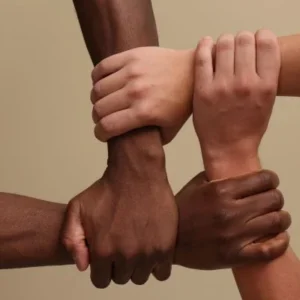The Government of Ireland has announced a contribution of EUR 4.5 million (USD 5.3 million) to the United Nations World Food Programme (WFP) in Uganda, aimed at strengthening the resilience of vulnerable communities in Karamoja and refugee-hosting regions. The partnership will combine food assistance, school feeding, livelihoods, and social protection initiatives to benefit nearly one million refugees and Ugandans.
Ambassador of Ireland to Uganda, Mags Gaynor, highlighted Ireland’s long-standing partnership with the country, emphasizing the importance of reducing humanitarian needs by reaching the most vulnerable first. She noted that investing in resilient food systems and empowering smallholder farmers would help communities overcome hunger and secure sustainable futures.
In Karamoja, where food insecurity remains widespread, the funds will be used to procure food for school meals, boosting local markets. WFP will also implement activities to restore degraded land, promote crop diversification, and improve post-harvest management. Additionally, the programme will support the Ugandan Government in strengthening social protection systems to better prepare for shocks such as droughts and floods.
WFP Country Director in Uganda, Lauren Landis, stated that Ireland’s contribution goes beyond emergency aid, focusing on building stable and self-reliant communities. The collaboration is designed to bring long-term change to both Karamoja and refugee populations.
In refugee-hosting areas, WFP will provide cash assistance to vulnerable groups, including older persons, and help both refugees and host communities transition towards self-reliance through investment in alternative livelihoods. These efforts align with Uganda’s inclusive refugee policy, as the country hosts Africa’s largest refugee population, with 1.9 million people displaced from the Democratic Republic of Congo, South Sudan, and Sudan as of August 2025.
Ireland has been a consistent supporter of WFP in Uganda, contributing a total of EUR 18 million (USD 21 million) over the past five years to humanitarian and resilience-building efforts.







